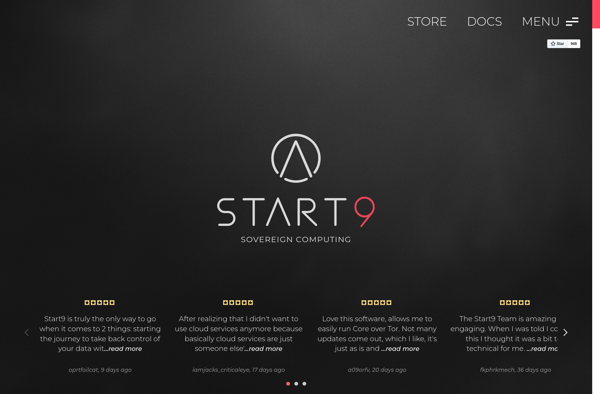HomelabOS
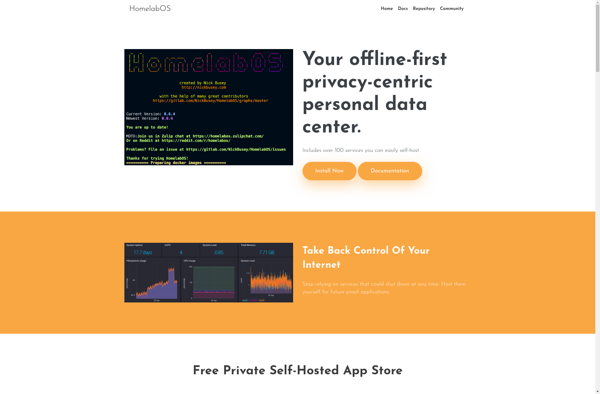
HomelabOS: Open-Source Virtualization Platform
HomelabOS is an open-source virtualization platform designed for homelab use cases. It aims to be an easy-to-use alternative to vSphere and other enterprise solutions, providing core features like VM management, storage, and networking with a focus on customizability and self-hosting.
What is HomelabOS?
HomelabOS is an open-source virtualization and infrastructure management platform designed specifically for homelab environments. It provides a simplified alternative to enterprise solutions like VMware vSphere and Microsoft Hyper-V, packing many of the same core features into an easy-to-use web-based interface.
Some key capabilities and benefits of HomelabOS include:
- VM Management - Create, run, stop, and delete Linux and Windows-based VMs and containers from a central dashboard.
- Storage Management - Create and manage local, network and cloud-based storage for your virtualized workloads.
- Networking - Configure virtual switches, port forwarding rules, VPN tunneling and more for connecting VMs.
- Monitoring - View live and historical infrastructure metrics like CPU, memory, disk and network usage.
- Identity Management - Manage local users and connect to enterprise directories like Active Directory for access control.
- API Access - Automate infrastructure management tasks by accessing HomelabOS capabilities via API.
- Customizable and Extensible - HomelabOS is built on a plugin model, allowing the community to build extensions and custom solutions.
- Self-Hosted - No vendor lock-in. Open source HomelabOS can be installed on your own hardware or in a VM.
With its comprehensive features and active community support, HomelabOS aims to be the ultimate open source platform for homelab virtualization. Its modular architecture makes it scalable for small trials to more demanding home production use cases.
HomelabOS Features
Features
- VM management
- Storage management
- Networking
- Customizability
- Self-hosting
Pricing
- Open Source
- Free
Pros
Cons
Official Links
Reviews & Ratings
Login to ReviewThe Best HomelabOS Alternatives
Top System & Hardware and Virtualization and other similar apps like HomelabOS
Here are some alternatives to HomelabOS:
Suggest an alternative ❐CasaOS
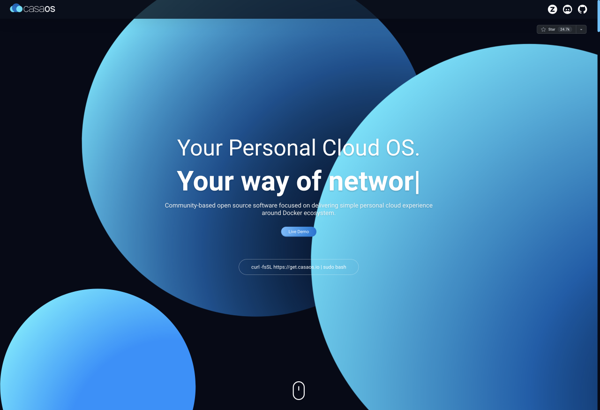
YunoHost

Umbrel

Cloudron
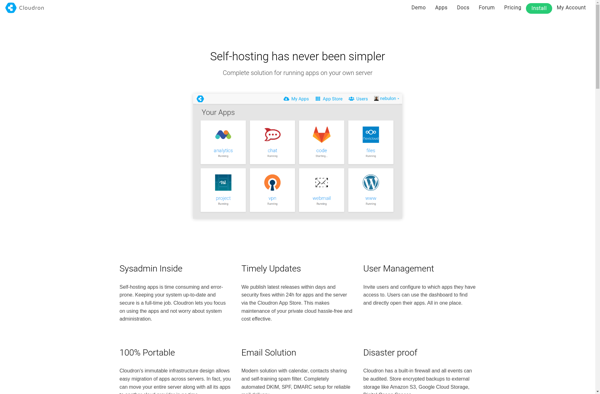
CapRover
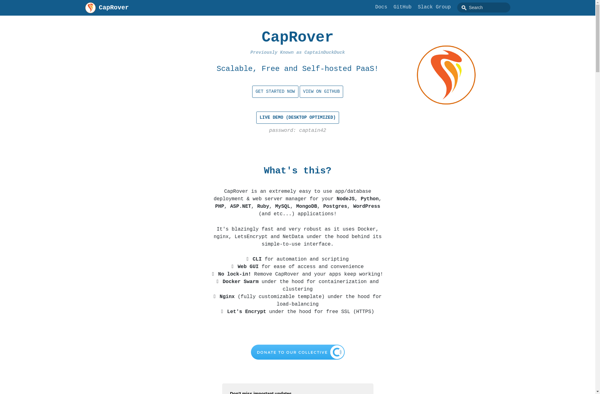
Univention Corporate Server
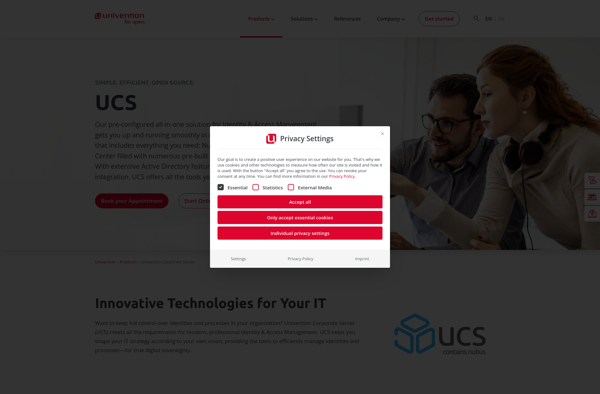
FreedomBox

Sandstorm
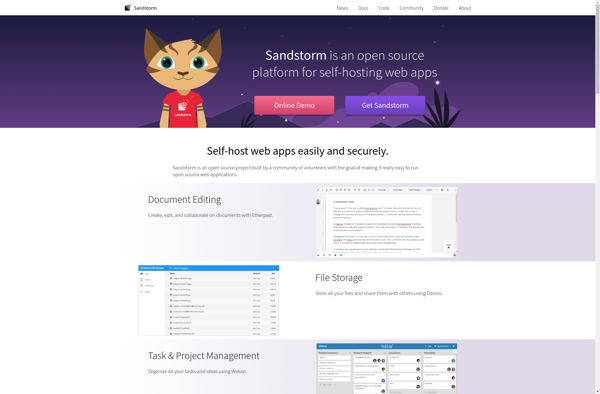
BitNami Application Stacks
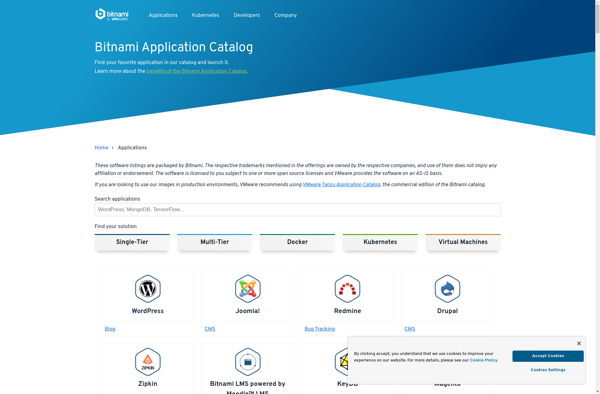
DockSTARTer
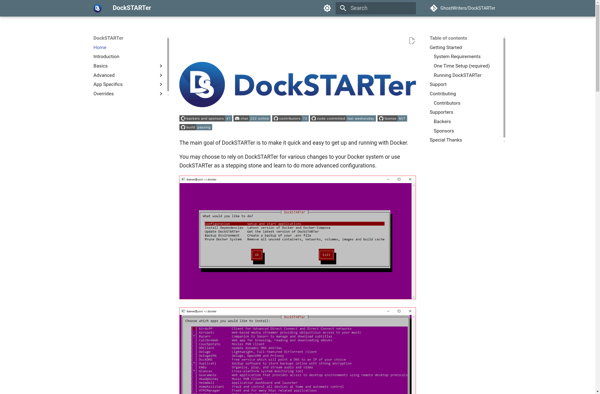
StartOS
